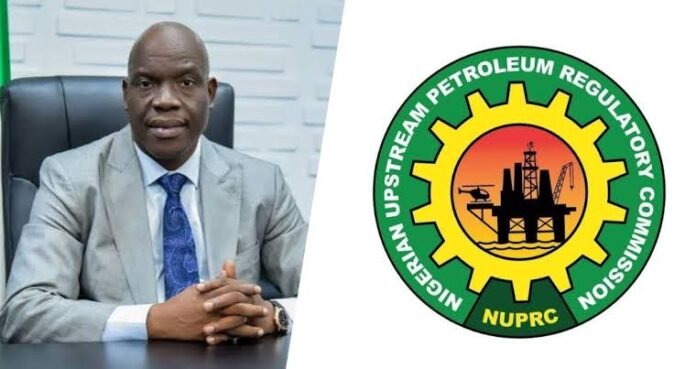The Nigerian Upstream Petroleum Regulatory Commission (NUPRC) Chief Executive, Gbenga Komolafe, has warned that the country may face a gas supply crisis with a potential shortfall of 3.1 billion cubic feet per day (bcf/d) by 2030 in the ‘Base Case Demand and Supply’ scenario.
Komolafe, made this known yesterday while speaking in Lagos yesterday at the 2024 Annual Conference of the Association of Energy Correspondents of Nigeria (NAEC).
The conference had as its theme: Gas as Energy Transition Fuel: “Navigating Nigeria’s Trilemma of Finance, Energy Security, and International Politics.”
The CCE, who was represented at the event by the Regional Director, Lagos Office, Paul Osu, noted that between 2020 and 2030, demand for gas was expected to grow at a compound annual growth rate of 16.6 per cent per annum.
He further disclosed that natural gas production was projected to increase from 8.0 bcfd in 2020 to 12.2 bcfd in 2030, which will be driven by major projects such as NLNG Train 7 and Train 8; Nigeria/Morocco pipeline, Ajaokuta-Kaduna-Kano (AKK) Natural Gas Pipeline Project, among others in the ‘high case supply’ scenario.
But notwithstanding this projection, Komolafe said this would not meet the ‘high case demand’ scenario projected at 22.2 bcfd in 2030 because in just a decade, the demand landscape could change exponentially, especially if the power sector challenges are resolved.
“As the upstream industry regulator, the NUPRC, through the instrumentality of the Petroleum Industry Act, 2021 (PIA), is at the forefront of the drive for interventions required to realise the Decade of Gas by enabling investment in cleaner hydrocarbon development through gas development as well as driving programmes such as Nigerian Gas Flare Commercialisation Programme (NGFCP) for flare elimination and gas monetisation to foster energy sufficiency, eliminate wastages while simultaneously attending to the urgency of reducing carbon emissions.
According to Komolafe, the significance of this is that more gas would be available for domestic utilisation as Liquefied Petroleum Gas (LPG), feedstock for power generation plants, fertiliser plants and petrochemicals adding that each of these areas provides a unique entry point for willing investors.
He said the global energy transition was not just about technology and markets adding that it is deeply political. As a member of the global community, Nigeria’s energy future faces three interwoven challenges or trilema of finance, energy security, and international politics.
Komolafe however said that the federal government and the Ministry of Petroleum Resources had embarked on a transformative agenda that would align with the most stringent global challenges in navigating these challenges.
![]()










